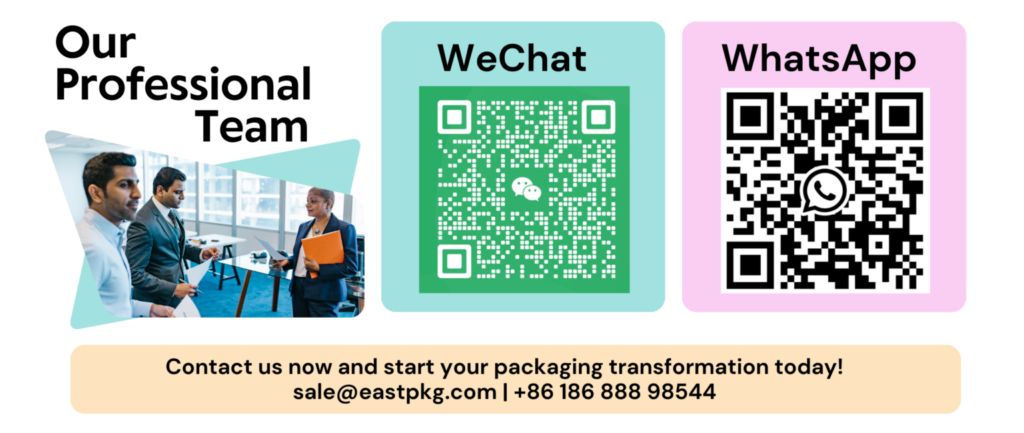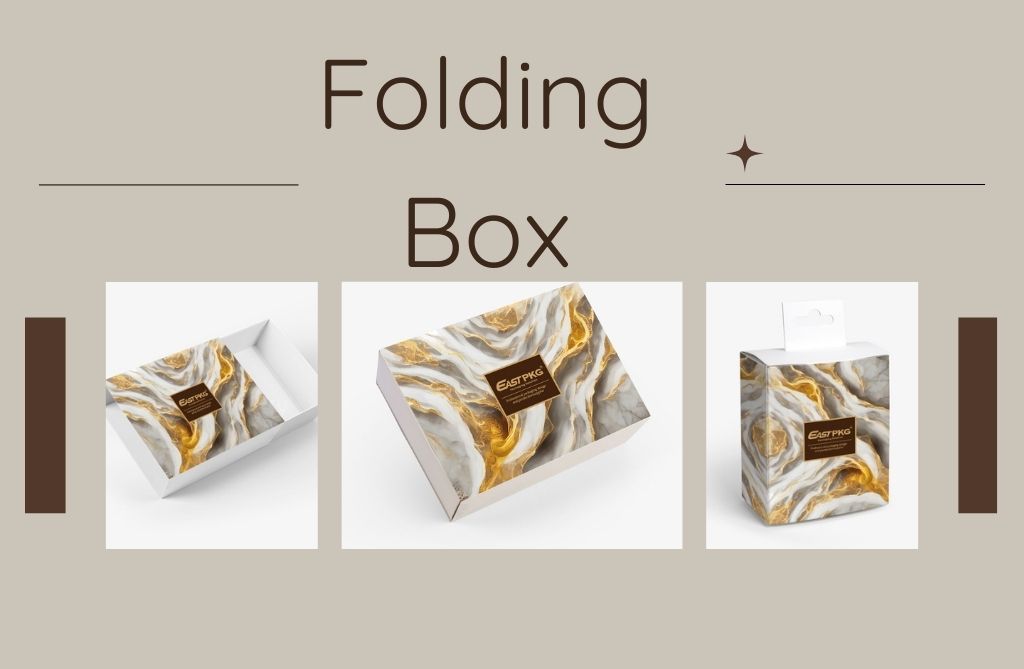In the fast-evolving landscape of modern logistics and retail, folding box packaging stands out for its unique advantages—low cost, ease of storage, efficient transportation, and eco-friendly recyclability. Mastering the art of folding carton box packaging is crucial for improving operational efficiency, ensuring product safety, and enhancing customer satisfaction, regardless of the size of the enterprise. This comprehensive and upgraded master guide aims to help you achieve professional expertise in this field.
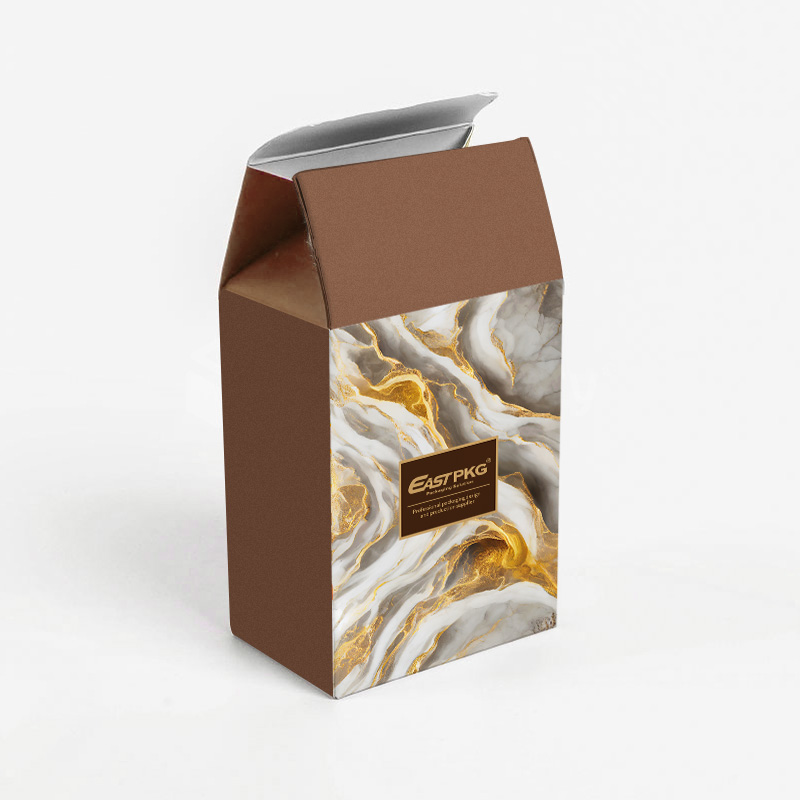
In-Depth Exploration of Folding Carton Types
1. Understanding Basic Types
In addition to standard, tuck-end, display, and custom folding boxes, it is important to be aware of specialty cartons such as waterproof and moisture-resistant types to meet specific product needs. For instance, folding paper boxes can be designed to accommodate various applications, including food packaging, cosmetics, electronics, and gifts. Understanding the nuances of each type allows businesses to select the most suitable option based on their specific requirements.
2. Matching Application Scenarios
Choosing the most appropriate folding carton box type depends on product characteristics (size, weight, shape, material), transportation methods (land, sea, air), and storage conditions. For example, eco-friendly folding boxes are ideal for products that target environmentally conscious consumers, while wholesale folding boxes are essential for bulk items. The right choice can enhance brand perception and customer satisfaction.
3. Market Trends and Innovations
Stay updated on market trends that influence folding box designs, such as minimalist aesthetics, multifunctional packaging, and smart packaging solutions that integrate technology for enhanced user experience. The growing emphasis on sustainability has also led to increased demand for recyclable and biodegradable materials, prompting manufacturers to innovate continuously. Emerging trends include the use of smart labels and augmented reality features, which can enhance consumer engagement and interaction.
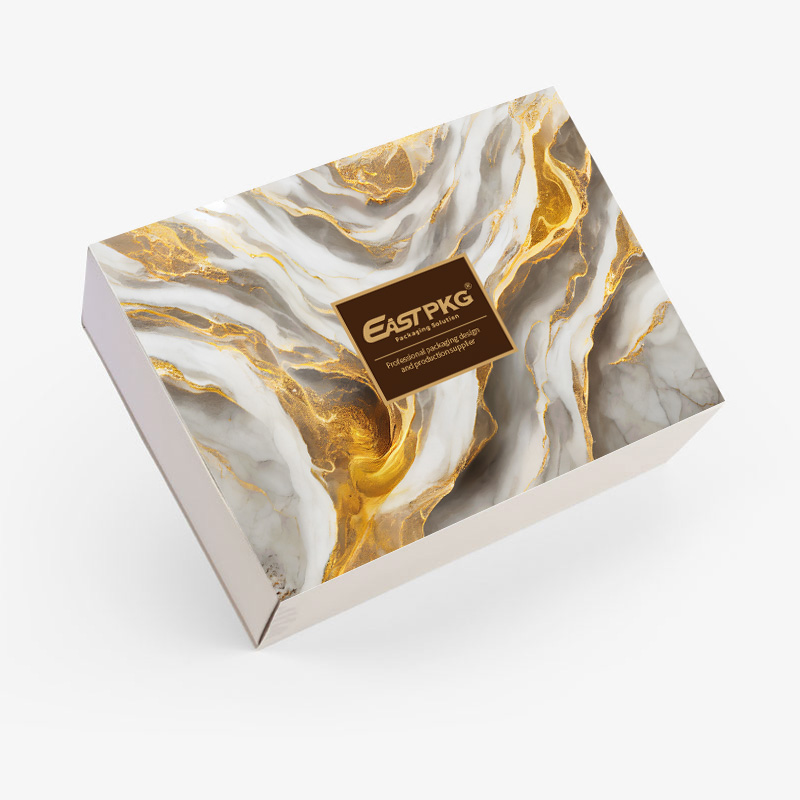
Precision Measurement and Size Optimization
1. Detailed Measurement
Use high-precision measuring tools to ensure accurate product size data, paying special attention to techniques for measuring irregularly shaped products. This step is critical for ensuring a snug fit within the folding carton box, preventing damage during transport. Detailed measurement processes can help reduce material waste and optimize production efficiency, ultimately lowering costs.
2. Smart Matching Algorithms
Employ software tools for size matching to automatically recommend optimal folding box sizes, reducing human error and enhancing efficiency. Some advanced tools can analyze sales data to predict future needs, helping businesses manage inventory effectively and avoid overproduction. This proactive approach can streamline operations and minimize excess inventory, benefiting both cost management and environmental sustainability.
3. Dynamic Adjustment Strategies
Adjust carton inventory flexibly according to seasonal sales changes, promotional activities, and market demands to avoid waste. This is especially important for wholesale folding boxes that need to be readily available for different orders and demand spikes. Implementing just-in-time inventory systems can significantly improve operational efficiency, allowing businesses to respond swiftly to market fluctuations.
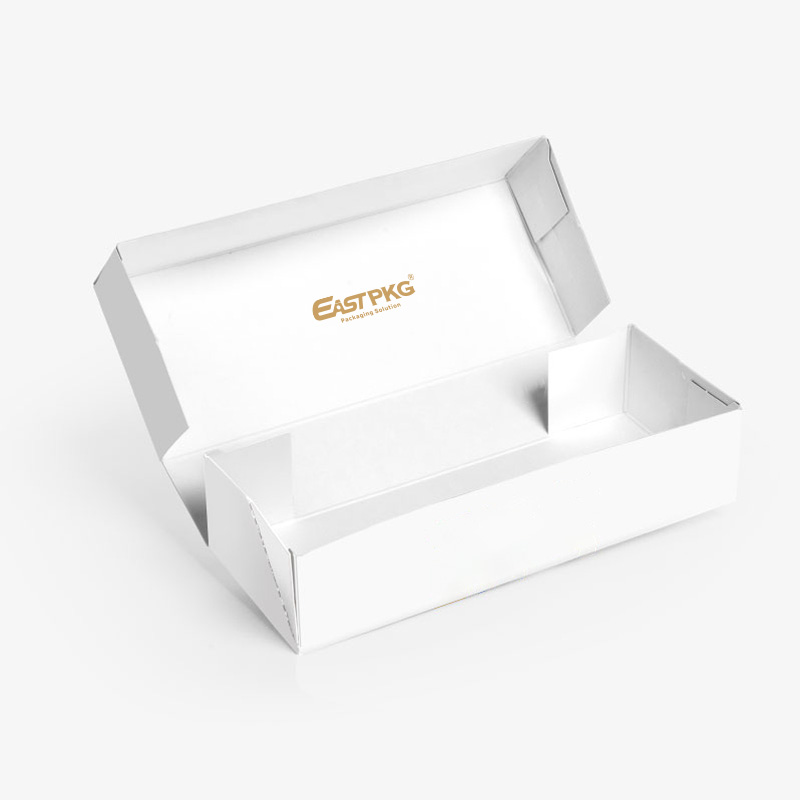
Selection of Packaging Materials and Environmental Considerations
1. High-Quality Linings
Choose eco-friendly and effective cushioning materials such as biodegradable bubble wrap and bio-based foam blocks for your custom folding box for packaging. This not only protects products but also aligns with sustainable practices. Materials that provide insulation can be particularly beneficial for temperature-sensitive products, ensuring they reach customers in optimal condition.
2. Green Fillers
Promote the use of fillers made from recycled paper to reduce new resource consumption while ensuring effective cushioning in your folding gift boxes. Utilizing sustainable materials can enhance your brand’s image as an eco-conscious entity, appealing to a broader audience. Additionally, incorporating plant-based fillers can further strengthen your commitment to environmental sustainability.
3. Eco-Friendly Sealing Materials
Use eco-friendly tape or reusable carton seals to reduce plastic pollution in folding carton box packaging. Consider adhesive options that provide strong seals without compromising recyclability. This attention to detail can help companies reduce their environmental footprint and resonate with consumers who prioritize sustainability.
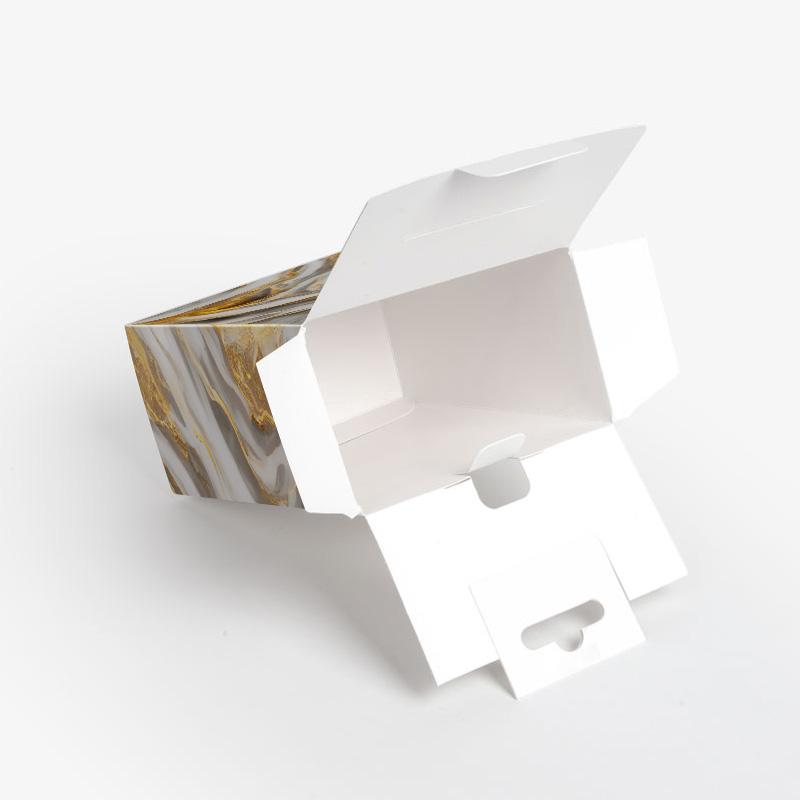
Refined Packaging Processes
1. Standardized Operations
Develop detailed packaging operation flowcharts to ensure all staff follow standards, improving consistency in folding box packaging quality. These flowcharts should outline each step of the packaging process, from assembly to sealing, ensuring efficiency and reliability. Having clear protocols helps reduce errors and maintains high standards across the board.
2. Training and Assessment
Regularly train packaging personnel in techniques such as carton folding, liner and filler usage, and sealing strength, and conduct practical assessments. Workshops can introduce new materials and technologies, ensuring that staff stay informed about industry best practices. Continuous education fosters a culture of excellence and adaptability within the team.
3. Quality Control
Implement a packaging quality inspection system to promptly identify and correct issues, ensuring each product is effectively protected in its collapsible box. Regular audits and feedback loops can help maintain high standards and foster a culture of continuous improvement. Employing statistical process control can further enhance quality assurance, leading to fewer defects and improved customer satisfaction.
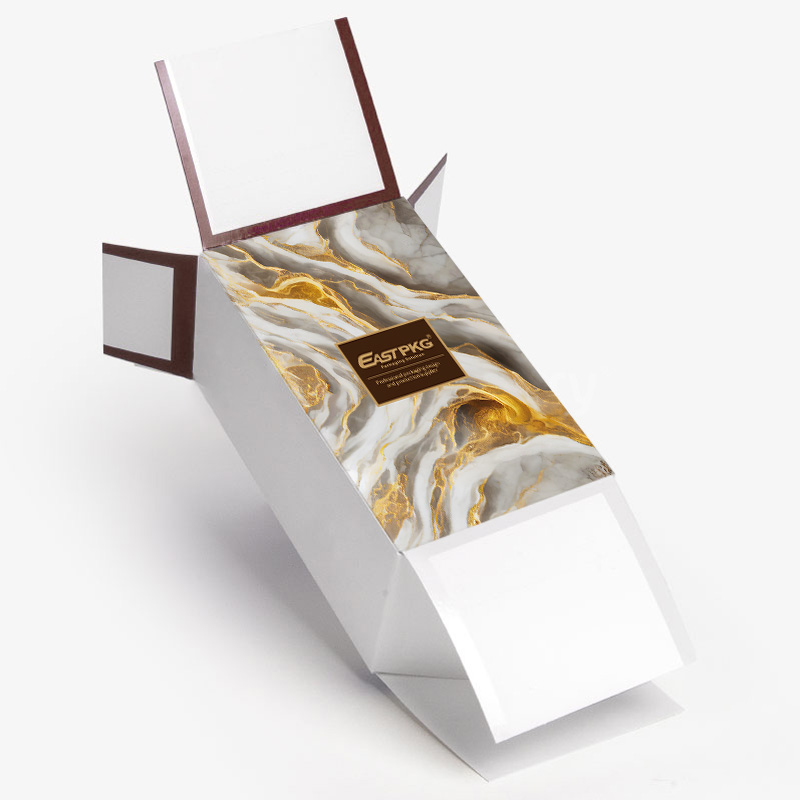
Innovative Packaging Strategies
1. Personalized Customization
Design cartons with brand elements tailored to brand characteristics and target customer groups, enhancing brand image and customer recall through luxury folding boxes with custom designs. Consider using unique printing techniques or finishes for added visual appeal, making products more attractive on the shelf. Personalized packaging can also include messaging that resonates with specific customer demographics, enhancing emotional connections.
2. Smart Packaging Technology
Explore applications of IoT, RFID, and other technologies in packaging to enable product tracking, anti-counterfeiting, and traceability in your folding carton box packaging. These technologies can improve supply chain transparency and customer trust, setting your brand apart in a competitive market. Furthermore, smart packaging can offer valuable insights into consumer behavior, allowing for more informed marketing strategies.
3. Sustainability Initiatives
Establish a packaging recycling system to encourage customer participation in carton recycling, creating a closed-loop economy and reducing environmental impact. Incentives for customers who return packaging can enhance engagement and demonstrate corporate responsibility. This can include loyalty programs or discounts for customers who participate in recycling initiatives, further promoting sustainability.
4. Consumer Engagement Strategies
Incorporate interactive elements into your folding gift boxes, such as QR codes leading to promotional content or product information. This can improve customer experience and encourage repeat purchases, as consumers appreciate brands that engage them beyond the product itself. Utilizing social media integration can further enhance visibility and encourage user-generated content.
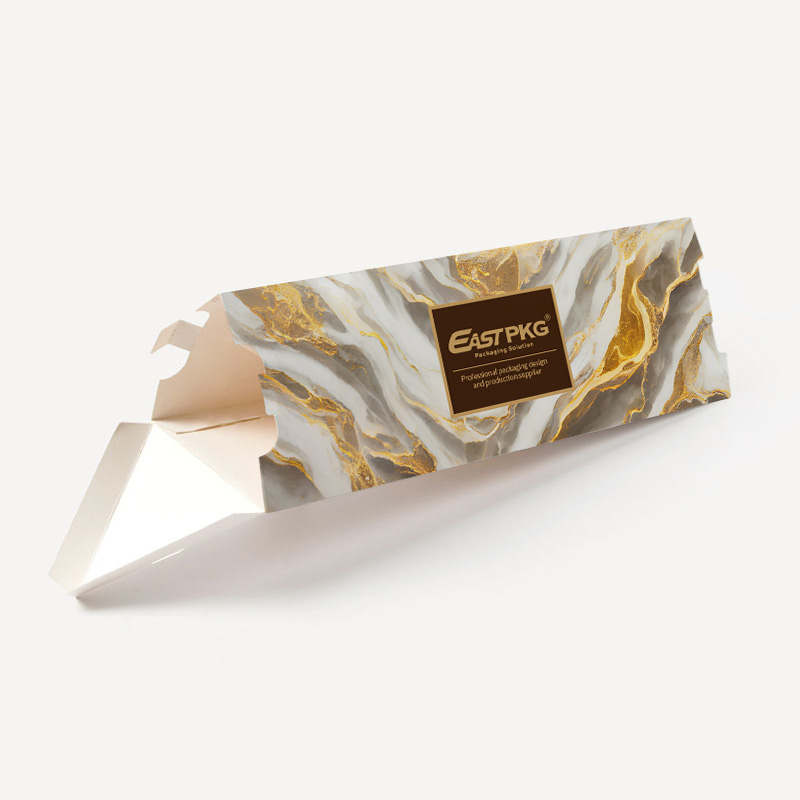
Conclusion
Folding carton box packaging is not only a protective shell for products but also a showcase of a company’s brand image and service quality. By deeply understanding folding box packaging knowledge and techniques and continuously optimizing packaging strategies, companies can improve operational efficiency, reduce costs, and stand out in the competitive market, winning more customer favor. Let us work together to build a green, efficient, and intelligent logistics packaging system that incorporates various folding box solutions for a sustainable future.
As the market continues to evolve, embracing innovation and sustainability in packaging will be crucial for long-term success. By prioritizing these elements, businesses can not only meet consumer demands but also contribute positively to the environment and society at large.
